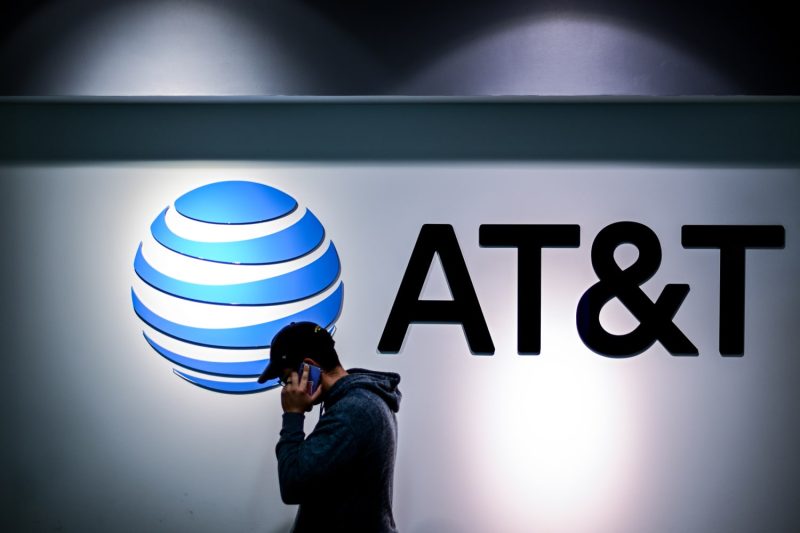Following a recent court ruling on a case involving stolen nude images, AT&T and other phone companies may be facing potential liability for the breach of users’ privacy. The lawsuit, which was brought against these companies for their alleged role in the unauthorized dissemination of private images, has set a precedent that could have broader implications for the telecommunications industry.
The case revolves around a situation where explicit images were stolen from a woman’s cell phone and subsequently shared online without her consent. The lawsuit argues that the phone companies failed to adequately protect users’ data and took inadequate measures to prevent unauthorized access to their devices. As a result, the court ruled that there was enough evidence to proceed with the case and potentially hold the companies responsible for the breach.
The implications of this ruling are significant, as it signals a shift in how telecommunications companies may be held accountable for security breaches that result in privacy violations. While companies have typically been able to shield themselves from liability by citing user agreements and terms of service, this case challenges that notion by highlighting the duty of care that these companies owe to their customers.
In light of this development, AT&T and other phone companies are likely to face increased scrutiny over their data protection practices and may be forced to implement more robust security measures to prevent similar incidents in the future. This could include stricter data encryption protocols, enhanced user authentication processes, and greater transparency about how user data is stored and accessed.
Furthermore, the ruling underscores the importance of user privacy and the need for companies to prioritize data protection in an age where cyber threats are increasingly prevalent. By holding companies accountable for breaches that result in privacy violations, the legal system can help ensure that individuals have the right to control their personal information and that companies are held responsible for safeguarding it.
Overall, the court ruling in this case sets a precedent that could have far-reaching implications for the telecommunications industry and underscores the importance of data protection and privacy rights in the digital age. As technology continues to advance, it is imperative that companies take proactive measures to protect user data and prevent unauthorized access to sensitive information. Failure to do so may result in legal repercussions and damage to their reputation and trust with customers.




























